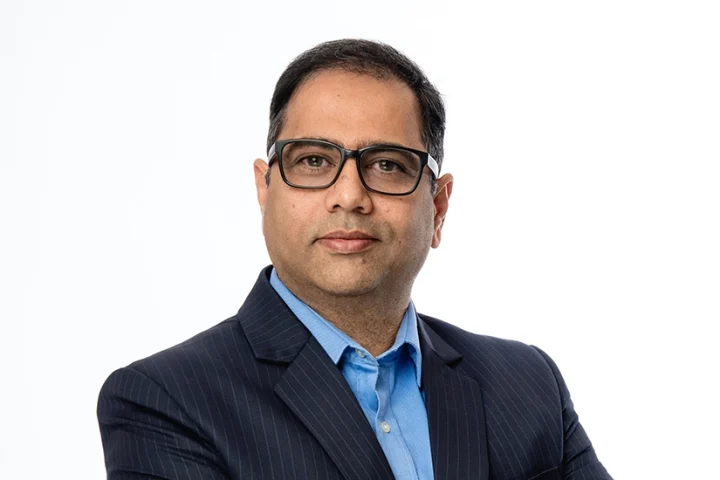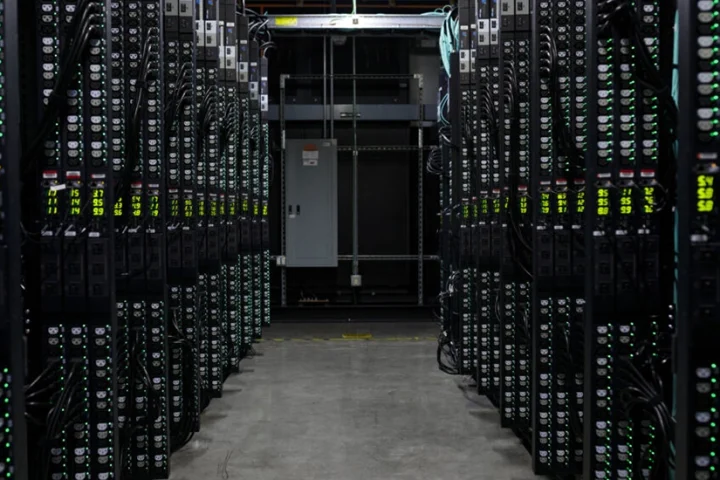The UAE and the broader Middle East and Africa (MEA) region are undergoing rapid digital transformation, with businesses, governments, and individuals relying on digital systems more than ever before. But as organizations embrace cloud computing, digital payments, and AI-driven workflows, the question that looms large is: How secure is all of this data?
Cybercriminals aren’t the shadowy lone hackers we once imagined. They’re highly sophisticated, well-funded, and in many cases, using the very same AI tools that organizations employ for defence. AI has become both a shield and a sword in the cybersecurity battle. Businesses that don’t adapt risk being overrun by cyber threats that are far more complex, automated, and relentless than ever before.
AI: The Silent Guardian of Cybersecurity
Cyber threats move at a speed and scale that human teams alone can’t keep up with. This is where AI steps in—not as a replacement for cybersecurity professionals, but as a powerful ally. AI in cybersecurity functions like a hyper-aware security officer that never sleeps, never misses an anomaly, and can anticipate breaches before they happen.
Here’s how AI is making cybersecurity smarter and stronger:
- Proactive Threat Detection: Unlike traditional security measures that react after an attack happens, AI-powered systems analyse patterns, detect irregularities, and neutralize threats before they escalate. Imagine an AI guard constantly scanning for weaknesses and automatically reinforcing them before a breach occurs.
- Automated Defence Mechanisms: AI can instantly respond to cyberattacks, isolating infected systems, blocking malicious traffic, and alerting security teams—all in real-time. There’s no waiting for human intervention, making attacks far less effective.
- Continuous Monitoring & Risk Assessment: Cybersecurity isn’t a one-time fix; it’s an ongoing battle. AI ensures 24/7 monitoring of all digital entry points, flagging vulnerabilities before they can be exploited.
With businesses and financial institutions in the UAE handling trillions of dollars in transactions every year, a human-only security approach is simply not enough. AI-powered cybersecurity is no longer optional—it’s a necessity.
AI as a Cyber Threat: The Double-Edged Sword
If AI can be used for defence, it can also be used for destruction. Cybercriminals have embraced AI to supercharge attacks, making them faster, more deceptive, and nearly impossible to detect with traditional methods.
Here’s where the real danger lies:
- AI-Powered Phishing: Hackers can now generate realistic, error-free phishing emails that perfectly mimic legitimate businesses, tricking even the most security-conscious individuals into handing over sensitive data.
- Deepfake Attacks: Imagine receiving a video call from your company’s CEO, instructing you to transfer funds. Except—it’s not really your CEO. Deepfake AI allows cybercriminals to impersonate voices and visuals with chilling accuracy.
- Automated Hacking: AI tools allow hackers to launch thousands of cyberattacks per second, testing every possible password combination and breaching weak security systems in minutes.
The bottom line? If businesses don’t evolve their cybersecurity defences, they are handing the advantage to cybercriminals.
Securing the Future: How Businesses in the MEA Region Can Fight Back
The UAE has been at the forefront of digital innovation, but as cyber threats escalate, the region must lead the way in AI-powered cybersecurity as well. Businesses can take strategic steps to safeguard their digital infrastructure and prevent devastating cyberattacks.
- Cybersecurity Awareness: The First Line of Defence
AI-powered security tools mean nothing if employees are unknowingly giving away passwords or clicking on phishing links. Human error remains the biggest cybersecurity vulnerability. Organizations must invest in:
- Mandatory cybersecurity training for all employees.
- AI-powered phishing simulators to test staff responses to fake cyberattacks.
- Zero-trust policies, where employees access only the data necessary for their roles.
- Choosing Smart Over Familiar: Selecting the Right Cybersecurity Tools
Brand loyalty has no place in cybersecurity. Just because a company has been using the same antivirus or firewall for years doesn’t mean it’s still effective. Businesses must:
- Evaluate security solutions based on performance, not brand reputation.
- Invest in AI-powered threat detection tools that offer real-time monitoring.
- Ensure their security solutions are scalable, growing with their business needs.
- Adopting AI-Powered Cybersecurity Before It’s Too Late
Cybercriminals aren’t waiting, so businesses can’t afford to either. The region must embrace automated threat detection, AI-powered response management, and real-time monitoring before data breaches become an everyday occurrence.
Some key AI-driven cybersecurity technologies businesses should adopt include:
- AI-Based Endpoint Security: Protects all digital devices—laptops, servers, mobile phones—against cyber threats.
- Behavioural Analytics: AI can learn what “normal” network activity looks like and immediately flag suspicious behaviour.
- Self-Healing Systems: Next-gen cybersecurity tools can detect breaches and automatically restore compromised systems without human intervention.
The Future of Cybersecurity in the MEA Region
The UAE, Saudi Arabia, and other MEA nations have already recognized the urgent need for AI-powered cybersecurity. Government initiatives, financial sector regulations, and digital transformation roadmaps are all pushing businesses to adopt proactive security measures rather than waiting for disaster to strike. DVCOM Technology plays a critical role in bridging this gap by offering cutting-edge cybersecurity solutions that leverage AI for threat detection, prevention, and automated response. AI-powered security isn’t just an IT department’s problem—it’s a business survival strategy. In an age where cyberattacks are becoming smarter, organizations must become smarter too. The choice is simple: Embrace AI-driven security now or risk losing everything to those who already have.
















